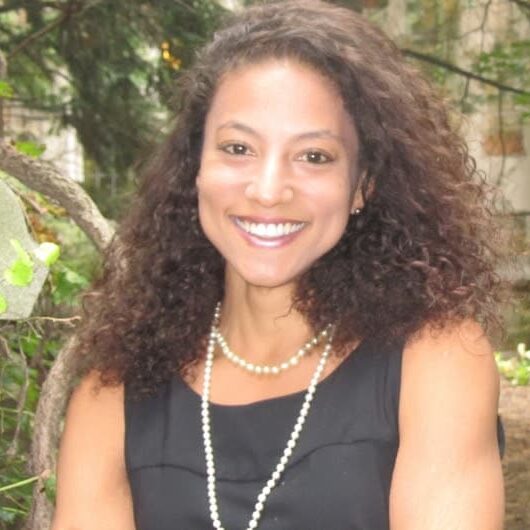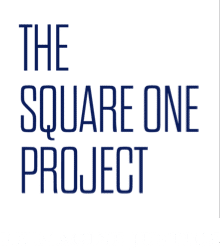AUGUST 2020 | Roundtable on the Future of Justice Policy Session 2: The History of Criminal Justice and Community membership & The Social Contract
The History of Criminal Justice and Community Membership
Using Professor Hinton’s paper to provide background, Roundtable Participants discussed the following: Historically, how has the criminal justice system been a mechanism for separating people from their rights in the U.S.? How has it undermined their membership in community? In what ways has it excused society from fulfilling its responsibilities to its members, and also prevented system-impacted individuals from stepping into their roles and responsibilities in the community?
Author

Elizabeth Hinton Associate Professor of History; Professor of African and African American Studies, Harvard University
The Social Contract: A Comparative Study
Many wealthy countries had social policies and welfare states in place pre-COVID-19 that provide a stronger guarantee of quality of life securities than in the U.S. and have enacted more securities during the pandemic to support their populations. Access to healthcare, housing, and educational opportunities accompany community membership. Guided by Professor Garland’s paper, participants discussed the the effects of these social contracts. Is race affecting access to the social welfare state in these places? How do other countries minimize the impact of criminal justice involvement to ensure that those impacted don’t have limited citizenship?
Author

David Garland Arthur T. Vanderbilt Professor of Law; Professor of Sociology, New York University
Video
During the second session of the Roundtable on the Future of Justice Policy, Elizabeth Hinton provided a summary of her paper on the history of criminal justice and community membership and David Garland spoke about his paper on a comparative study of the social contract. A group discussion followed about each of these topics.
